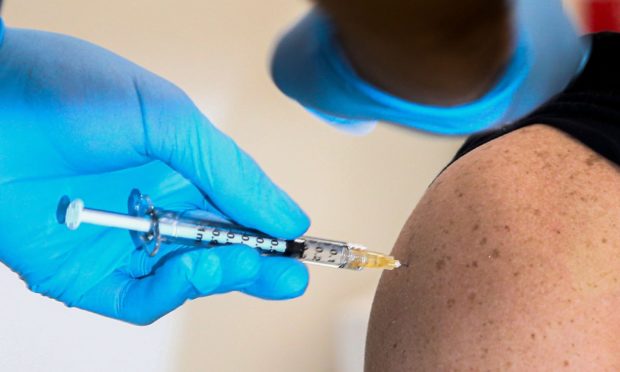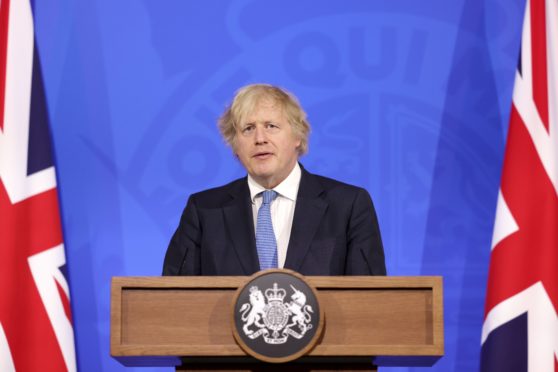Medicine regulators have concluded that people under the age of 30 should be offered an alternative to the AstraZeneca jab, after a study linked the vaccine to a rare form of blood clot.
The European Medicines Agency (EMA) safety committee stressed on Wednesday that the benefits of the AstraZeneca vaccine continue to outweigh any risks for most people.
But, following a review of all available evidence, the EMA said that “unusual blood clots with low blood platelets should be listed as very rare side effects” of the vaccine.
The findings come after a number of European countries restricted use of the vaccine in younger people after reports of cerebral venous sinus thrombosis (CVST), a specific type of clot that prevents blood from draining from the brain.

In the UK, 30 people have developed the clots – and seven have died as a result – out of 18 million people who have received the vaccine.
Following a review of all available evidence, the EMA said the blood clots reported had been found in veins in the brain, the abdomen and arteries, combined with low levels of blood platelets and sometimes bleeding.
The EMA said symptoms associated with the blood clots include shortness of breath, chest pain, swelling in the leg, persistent abdominal pain, severe headaches, blurred vision and tiny blood spots under the skin beyond the area where the injection wad administered, and anyone who displayed them should seek medical attention.
Emer Cooke, executive director of the EMA, sought to downplay concerns at a press conference on Wednesday.
She said: “These are very rare side effects. The risk of mortality from Covid is much greater than risk of mortality from these side effects.”
In the UK, the Medicines and Healthcare products Regulatory Agency (MHRA) said there were still huge benefits of the vaccine in preventing Covid-19, and has not concluded that it causes rare clots, although it says the link is getting firmer.
As a result, those under the age of 30 will be offered Pfizer or Moderna instead of the AstraZeneca jab.
The UK’s deputy chief medical officer Professor Jonathan Van-Tam said the move was nothing more than a small “course correction” in the vaccination programme.
He said it was “quite normal” for medics to alter their preferences on how to treat patients.
He added: “This is a massive beast that we are driving along at enormous pace with enormous success, this vaccine programme.
“If you sail a massive liner across the Atlantic then it’s not really reasonable that you aren’t going to have to make at least one course correction during that voyage.”
Dr June Raine, head of the MHRA, added: “Based on the current evidence, the benefits of the Covid-19 vaccine AstraZeneca against Covid-19 and its associated risks – hospitalisation and death – continues to outweigh the risks for the vast majority of people.
“Our review has reinforced that the risk of this rare suspected side effect remains extremely small.”
.@AstraZeneca has been at the heart of our fight against coronavirus, and they are also playing a big part in our efforts to #BuildBackBetter from the pandemic and make the UK a science superpower. pic.twitter.com/3TtBKzv80x
— Boris Johnson (@BorisJohnson) April 6, 2021
Boris Johnson insisted that the vaccine was “safe”, telling reporters on a visit to Cornwall: “It’s pretty clear that the decline in the number of deaths, the decline in the number of hospitalisations is being fuelled, is being assisted, the steepness of that decline is being helped by the rollout of the vaccines so it’s very important for everybody to continue to get your second jab when you’re asked to come forward for your turn.”
He added: “As the regulators have said, this vaccine is safe, effective and has already saved thousands of lives – and the vast majority of people should continue to take it when offered.
“We will follow today’s updated advice, which should allow people of all ages to continue to have full confidence in vaccines, helping us save lives and cautiously return towards normality.”

